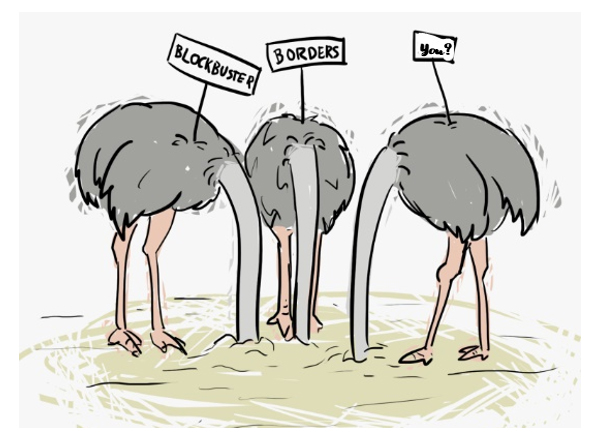
Great companies are defined by many things; their leadership, their ability to execute, and how they respond to change. Organizations within the substance use treatment industry are no different. Whether you are a substance use treatment facility owner, or an independent behavioral health practitioner, how you respond to the fundamental change our industry will experience over the next several years will be critical to your success.
No company becomes great without a clear vision; the ability to anticipate and respond to the changing landscape within their industry. The substance use treatment industry is experiencing change that will forever shift how services are delivered, reimbursed, and experienced by the patient.
The coronavirus crisis has pushed telehealth to the forefront within the healthcare community, nowhere more critically than within the behavioral health segment. There is no going back; telehealth is here to stay and will likely grow substantially over the next decade. What does that mean to you as a substance use treatment facility or industry professional? You can either ride the wave of change or attempt to stem the tide. Your vision will determine the future of your company, or career, and its success.
Telehealth has already created friction and heated discussions around its applicability to those suffering from substance use disorder. Several years ago, the same friction was created around the concept of medication assisted treatment (MAT), we know how that debate ended; MAT is now the industry standard.
When the coronavirus began, many in the substance use treatment industry were clamoring for reimbursement of telehealth services for those suffering from substance use disorder. The payers within the industry relented; they agreed to temporarily reimburse telehealth services for behavioral health. While telehealth helped to stem the tide of the coronavirus, it also opened the discussion about the need for in-person substance use disorder treatment. As the coronavirus continues, telehealth is really taking hold.
90 days into providing telehealth services for substance use disorder, there are strong opinions on both sides: those who believe telehealth is the first step into effectively implementing technology to engage with patients in the behavioral health space and those who believe that telehealth has limited benefit and application to substance use disorder. No matter which side you are on, your opinion does not matter without supporting data.
The reason MAT is the industry standard is because there is substantial empirical evidence that it works. Is it a proper component of treatment for every patient? Absolutely not. Does MAT help many sustain recovery? Absolutely.
While telehealth is under the evidence-based therapy microscope, it is critical for you to develop a telehealth vision for your organization. Many leaders get stuck in the ways that things have always been done which invariably leads to failure. Think Blockbuster, Borders Books and AOL. In the case of Blockbuster, as streaming and new ways for consumers to experience video emerged, Blockbuster remained committed to their video stores and stuck their head in the sand. When you stick your head in the sand, your butt is exposed. In what is now called disruption, companies are falling by the wayside by not adapting to change.
UnitedHealthcare/Optum just announced a substantial relationship with Talkspace, a telehealth company with Olympian Michael Phelps as its spokesperson. What is the insurance company signaling with this new partnership? Telehealth is the future and UnitedHealthcare wants to ensure they have a captive horse in the race. Expect the same from other payers. The question is where does that leave your organization?
As you develop how telehealth will, or will not, be integrated into your organization’s services, you need to ensure that you address the following questions:
- Is your vison based upon opinion or do you have empirical data to support your position?
- What is the tradeoff between treatment effectiveness and cost? If telehealth is 20% less effective, but costs 50% less to provide, is that an acceptable tradeoff?
- Will telehealth impact your segment of the industry more than others, i.e. those providing intensive outpatient and partial hospitalization services?
- How will telehealth change the industry competitive forces? Will organizations primarily focused upon detoxification and residential treatment now expand into telehealth IOP and PHP once their patient is discharged?
- What new telehealth technologies are being developed and implemented to engage patients where there are versus in a brick and mortar facility? Will they impact how your services are delivered?
The Addiction Treatment Advocacy Coalition provides a monthly forum for facility owners and executives to discuss industry change. Whether it is corporate strategy, financial management, mission execution, or understanding complex compliance issues, your vison of the future will determine the fate of your company. Rest assured; telehealth is the tip of the iceberg.
Stampp Corbin is the president of the Addition Treatment Advocacy Coalition and is a leading national healthcare consultant. He can be reached at info@atac.org


